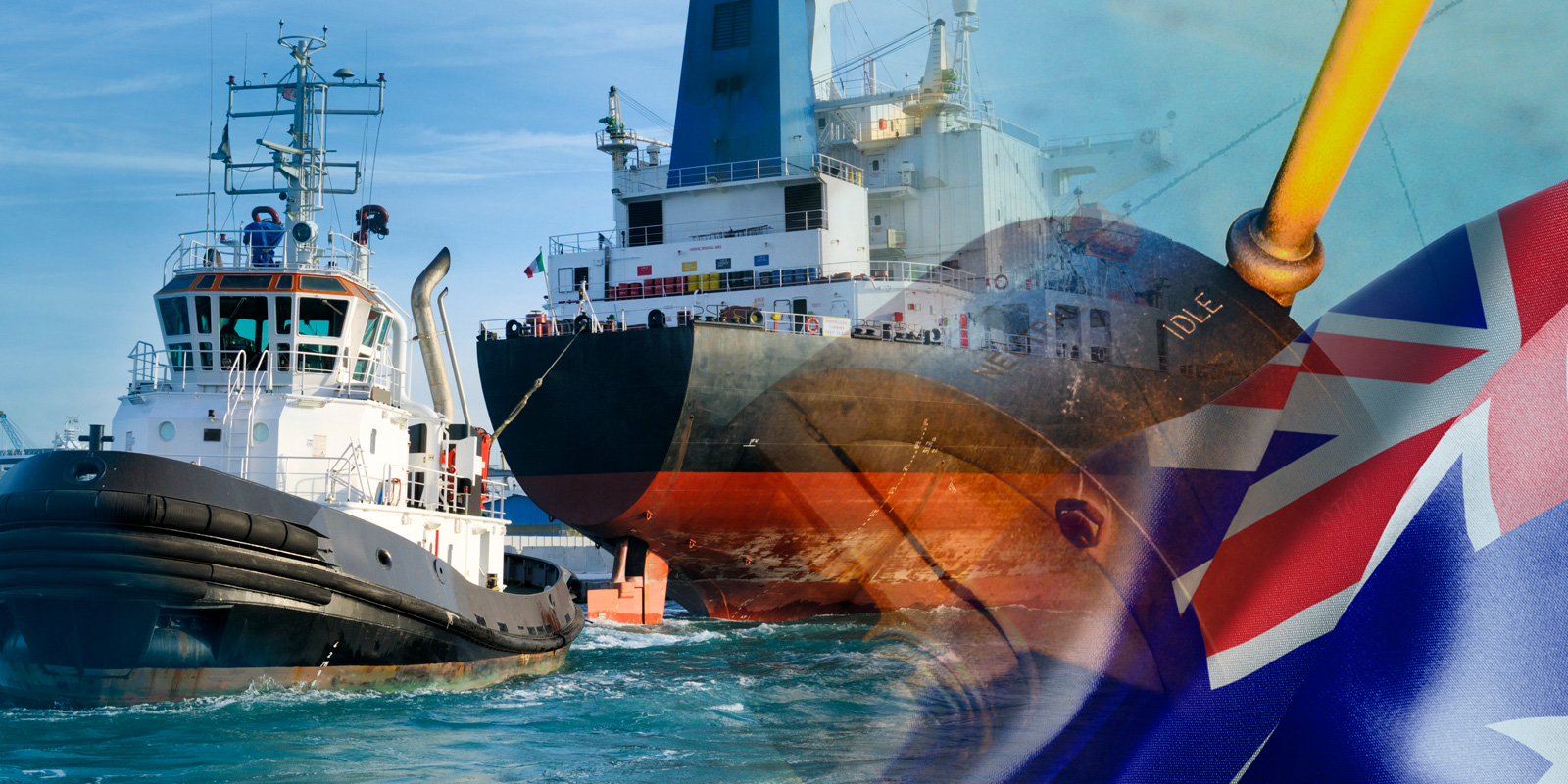
Australia Obtains First "Misuse of Market Power" Settlement Under Amended Competition Law
Australia's competition authority settles allegations that port operator misused its market power.
The Australian Competition and Consumer Commission ("ACCC") secured a declaration in its first action under Section 46 of the Competition and Consumer Act ("CCA"), amended in 2017, that prohibits "misuse of market power" (detailed in this Alert). The 2017 amendment prohibits a company with market power from pursuing conduct that has the purpose or effect (or likely effect) of substantially lessening competition.
To access ports in Tasmania, large vessels must arrange for tug boat towing and marine piloting ("marine") services to assist navigation through the port. Government-owned Tasmanian Ports Corporation ("TasPorts") is the sole provider of marine pilot training for Tasmanian ports, which includes the responsibility, among others, to ensure that vessels employ properly trained pilots. TasPorts owns all of the port facilities in Tasmania except Port Latta and also was the exclusive provider of marine services at all Tasmanian ports. According to the ACCC, Port Latta's owner, Grange Resources, planned to switch to a new marine services provider, Engage Marine. TasPorts informed Grange that it would charge an annual access fee to cover services that TasPorts was obliged to provide under its deed with the Tasmanian government. The ACCC alleged that TasPorts failed to conduct an assessment of the cost of providing access services to Grange, and that the fee raised Grange's cost of obtaining services from Engage Marine. By consent, the court declared that the access fee was likely to substantially lessen competition and was a "misuse" of TasPorts' market power.
The ACCC also alleged that TasPorts' failure to provide long-term berths for Engage Marine tugs, omission of Engage Marine from shipping schedule for towage services, and refusal to provide pilotage training to Engage Marine substantially lessened competition. Those allegations, however, were not included in the settlement.
TasPorts' settlement agreement with the ACCC ends the litigation and requires TasPorts to charge reasonable fees for port access and to invest in infrastructure that would allow tug competitors to operate. Although the settlement does not require TasPorts to pay a penalty, it agreed to pay AUD $200,000 toward the ACCC's litigation costs.
There are currently three private actions before the Australian courts in which plaintiffs have alleged violations of CCA Section 46, and ACCC officials have reported that the agency is investigating several additional matters under Section 46. In addition, the ACCC has identified access to critical infrastructure as a key area of focus for antitrust enforcement in 2021, and this case exemplifies that priority. Companies with a strong position in the marketplace should consider whether this and other forthcoming developments under Section 46 might necessitate changes to their operations and policies.








